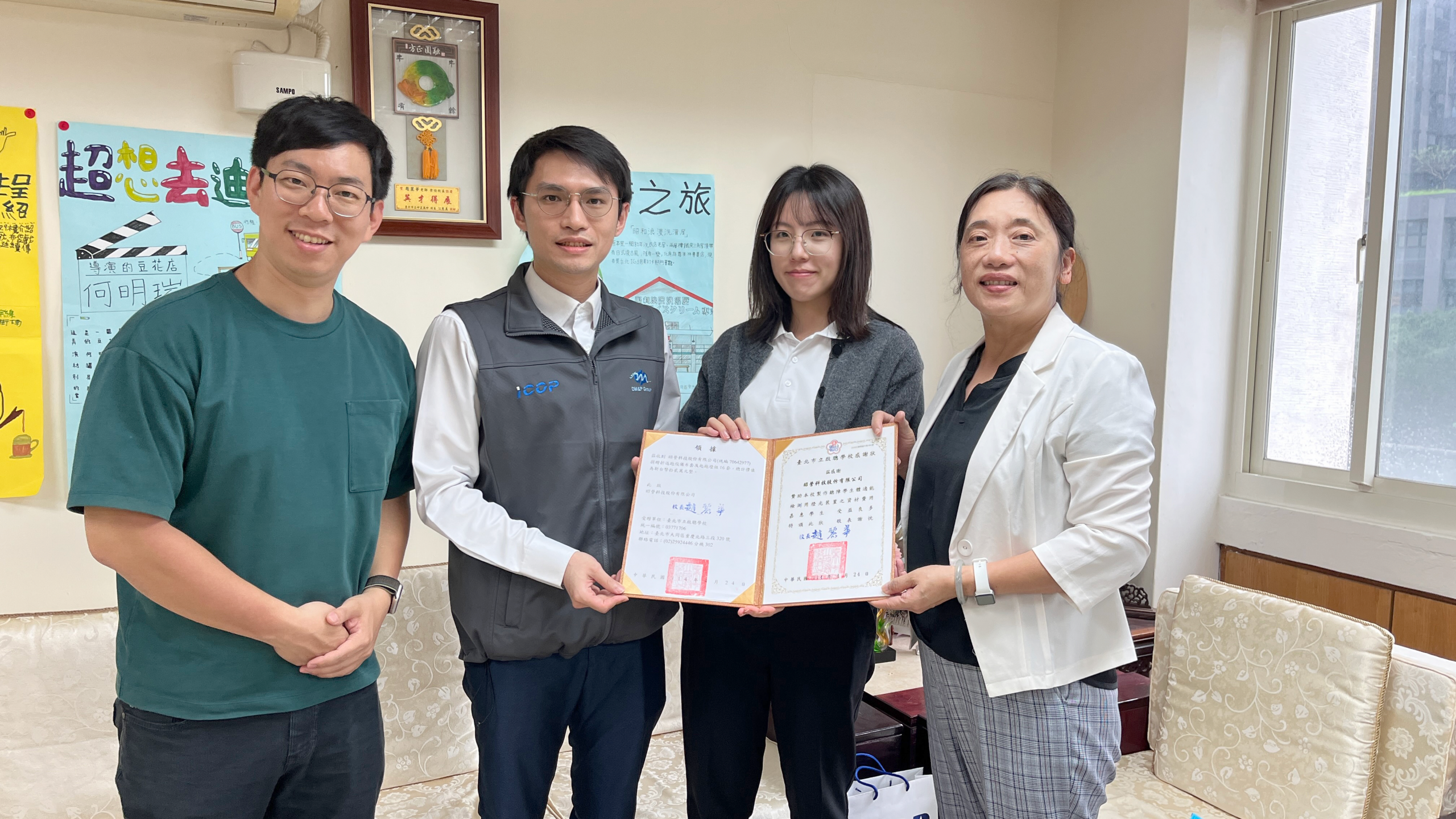1. Environment
ICOP is committed to building an environmentally friendly approach to both operations and product development. Through the adoption of international standards, the promotion of low-carbon design, green buildings, and sustainable packaging, we actively fulfill our long-term responsibility to the planet.
We firmly believe that environmental considerations should be integrated into every stage — from business decisions and product innovation to supply chain management. By continuously reducing our carbon, conserving resources, and protecting ecological balance, we strive to create a truly sustainable future.
✔️ ISO 14064-1 Certification
ICOP has established a greenhouse gas (GHG) inventory system in accordance with the ISO 14064-1:2018 framework. Our organizational inventory covers the following categories of emissions:
- Category 1: Direct GHG emissions (e.g., process emissions, refrigerant leakage)
- Category 2: Energy indirect GHG emissions (e.g., electricity consumption)
- Categories 3–6: Other indirect GHG emissions (e.g., logistics and transportation, employee commuting, and business travel)
✔️ 2024 Carbon Emissions Summary
Our 2024 carbon data has been independently verified by ARES International to ensure credibility and transparency.
These numbers are more than just metrics — they reflect our responsibility to the planet and shape our ongoing journey toward carbon reduction.
[Certificate link]:2024 ISO 14064-1 Statement
✔️ Advancing Product Carbon Footprint Analysis (ISO 14067)
We have launched a product carbon footprint (PCF) initiative for our key offerings, adopting the ISO 14067:2018 standard and a 「cradle-to-gate」 life cycle boundary to evaluate carbon emissions during the manufacturing phase.
We are currently collecting data on raw materials, energy use, and logistics associated with production. These insights will support:
- Optimization of eco-friendly product design
- Development of carbon management indicators for our supply chain
- Effective response to customers’ sustainability and green procurement requirements
✔️ Green Building Design at ICOP Headquarters
Sustainability was embedded in the design of ICOP’s headquarters from the very beginning. Our facilities incorporate multiple energy-saving systems, including:
- Solar power system (annual output: approximately 60,000 kWh)
- Rainwater harvesting system (used for restroom flushing and landscape irrigation)
- PIR sensor lighting (to reduce idle energy use)
- Full-scale DC inverter air conditioning system with integrated control panels
- Industrial waste heat recovery and reuse
We recover heat generated from key manufacturing equipment — such as DIP and reflow ovens — and redirect it through thermal pipelines to our Burn-In Room, maintaining its internal temperature approximately 15°C above ambient. This system achieves both energy savings and waste heat regeneration.

We are planning to apply for the EEWH Taiwan Green Building Label, with a target of reaching Gold level or higher. The actual energy-saving performance of the facility will serve as verified evidence for future carbon reduction reporting.
✔️ Paper-Based Packaging Policy
All ICOP products are transitioning to paper-based outer boxes and protective inserts, gradually phasing out traditional bubble wrap and plastic cushioning materials.
We are also adopting a “single-material design” approach to improve recyclability and reduce environmental impact throughout the product packaging lifecycle.

✔️ Conflict Minerals Free Statement
ICOP has formally published a 「Conflict-Free Minerals Declaration 」, committing to avoiding the use of high-risk minerals — including tantalum (Ta), tin (Sn), tungsten (W), and gold (Au), collectively known as 3TG — sourced from conflict-affected and high-risk areas such as the Democratic Republic of the Congo and its neighboring countries.
All suppliers are required to comply with the following standards:
- Provide conflict-free mineral declarations and source disclosure documents: including smelter and refiner information, supported by credible evidence.
- Undergo supplier evaluations and regular audits: incorporated into vendor selection and contract terms, with strict prohibitions on illegal mining, child labor, forced labor, and human rights violations.
At ICOP, ethical sourcing isn’t just a standard — it’s a responsibility we carry from the very beginning. Through thoughtful supply chain management and open, transparent communication with our partners, we’re building trust, traceability, and accountability every step of the way.











